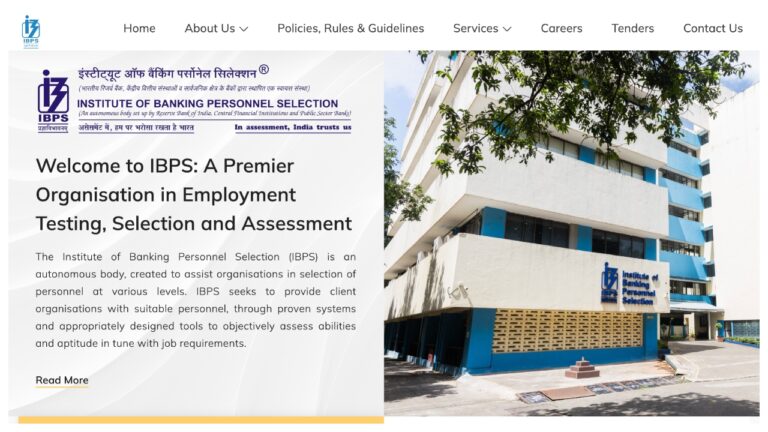Aloe vera juice is touted for its digestive and skin advantages. A strong natural cure for many problems, aloe vera juice may not be right for everyone. Aloe vera juice may be harmful, particularly for those with specific health issues. To minimize side effects, you must know the dangers and when to avoid aloe vera juice. Here are some health hazards of consuming aloe vera juice.
1. Gastrointestinal Disorders
Aloe vera juice relieves constipation due to its laxative properties. Aloe vera juice may worsen Crohn’s disease, ulcerative colitis, and IBS. Aloe vera’s laxative components, anthraquinones, may produce stomach cramps, diarrhea, and gut inflammation. Avoid aloe vera juice for these diseases since it may worsen stomach troubles.
2. Kidney Disease
Kidney damage from aloe vera juice is a lesser-known risk. Aloe vera contains bioactive chemicals that may damage the kidneys in excessive amounts. Aloe vera juice may worsen renal damage in those with pre-existing diseases. Long-term or severe aloe vera juice usage might cause renal failure. If you have renal illness or impaired kidney function, avoid aloe vera juice or see your doctor before using it.
3. Electrolyte imbalance
Aloe vera juice’s laxative properties may induce fluid and electrolyte loss, especially potassium. Aloe vera juice may aggravate low potassium and cause an electrolyte imbalance. Hypokalemia causes muscular weakness, weariness, and irregular cardiac rhythms. Those with heart issues or using potassium-lowering drugs should avoid aloe vera juice since it may upset electrolyte balance.
4. Maternity and breastfeeding
Pregnant and nursing women should avoid aloe vera juice since it may trigger uterine contractions and preterm labor or miscarriage. Aloe vera’s laxative impact may dehydrate and deplete nutrients, which are harmful during pregnancy. When nursing, aloe vera juice may pass into breast milk and cause diarrhea or discomfort in newborns. Pregnant and nursing mothers should avoid aloe vera juice for their health and their babies.
5. Heart and Blood Pressure
Aloe vera juice may reduce blood pressure for some. However, this effect may be harmful for persons using blood pressure drugs or with cardiac issues. Aloe vera juice may lower blood pressure, causing dizziness, fainting, and lightheadedness. Aloe vera’s potassium effects may also alter heart function, particularly in those with heart disease or using potassium-lowering medicines. If you have heart disease or use blood pressure medicine, check a doctor before drinking aloe vera juice.










